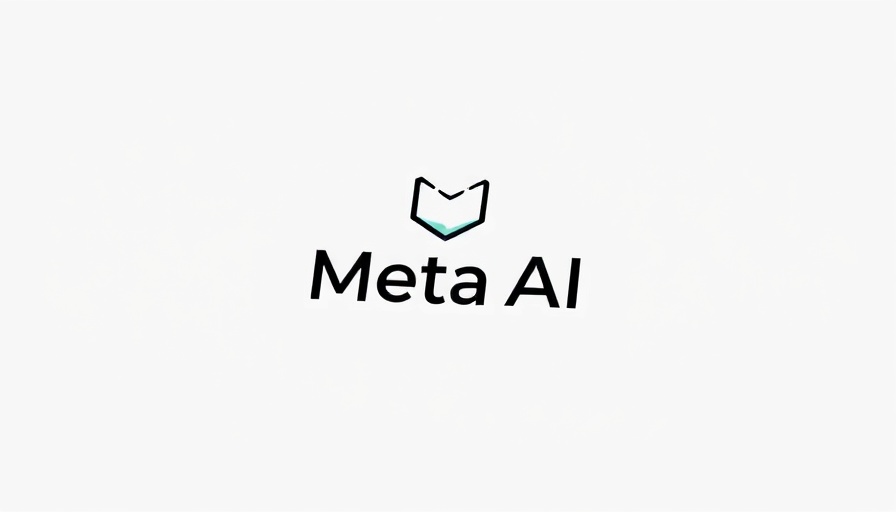
Meta’s Shift Towards AI: What It Means for Users
In a significant shift in operational strategy, Meta Platforms Inc. is increasingly relying on artificial intelligence (AI) to monitor and manage user experience elements across its platforms like Facebook and Instagram. As CEO Mark Zuckerberg revealed, AI systems will soon be responsible for as much as 90% of risk assessments concerning new features and policy changes. This marks a departure from the traditional reliance on human evaluators for privacy and safety checks, raising questions about the implications for user protection.
Automation vs. Human Oversight: A Risky Gamble?
This pivot toward automation has both potential benefits and risks. On one hand, automating risk assessments could streamline decision-making processes and reduce human error. In fact, Meta has reported a notable 50% reduction in enforcement mistakes since modifying its approach to policy violations. However, this heavy dependence on machine learning algorithms may also overlook nuanced issues that only human evaluators could catch, such as the complex nature of privacy violations or harmful content targeting vulnerable groups. Critics argue that entrusting these decisions to AI could lead to unforeseen negative consequences for users.
The Bigger Picture: Balancing Technology and Responsibility
Meta's adjustments reflect a growing trend in the tech industry towards incorporating AI in pivotal decision-making roles. Businesses, including marketing professionals and small companies, should observe this transformation with attentiveness. As Meta refines its AI capabilities, they need to consider how this could influence their marketing strategies and engagement with audiences. The success or failure of Meta’s AI systems could set precedents that impact not just user experience but also regulatory oversight and public trust in technology.
Actionable Insights for Businesses
For business owners, understanding the implications of Meta’s AI integration is crucial. It creates an opportunity to reflect on the role of technology in their own operations. How reliant are you on algorithms for your marketing efforts? Are you considering automating your customer interactions?
The stakes are high as the online landscape continually evolves. Keeping abreast of these changes will empower businesses to adapt faster and strategically harness technology to their advantage.
 Add Row
Add Row  Add
Add 




 Add Row
Add Row  Add
Add 

Write A Comment